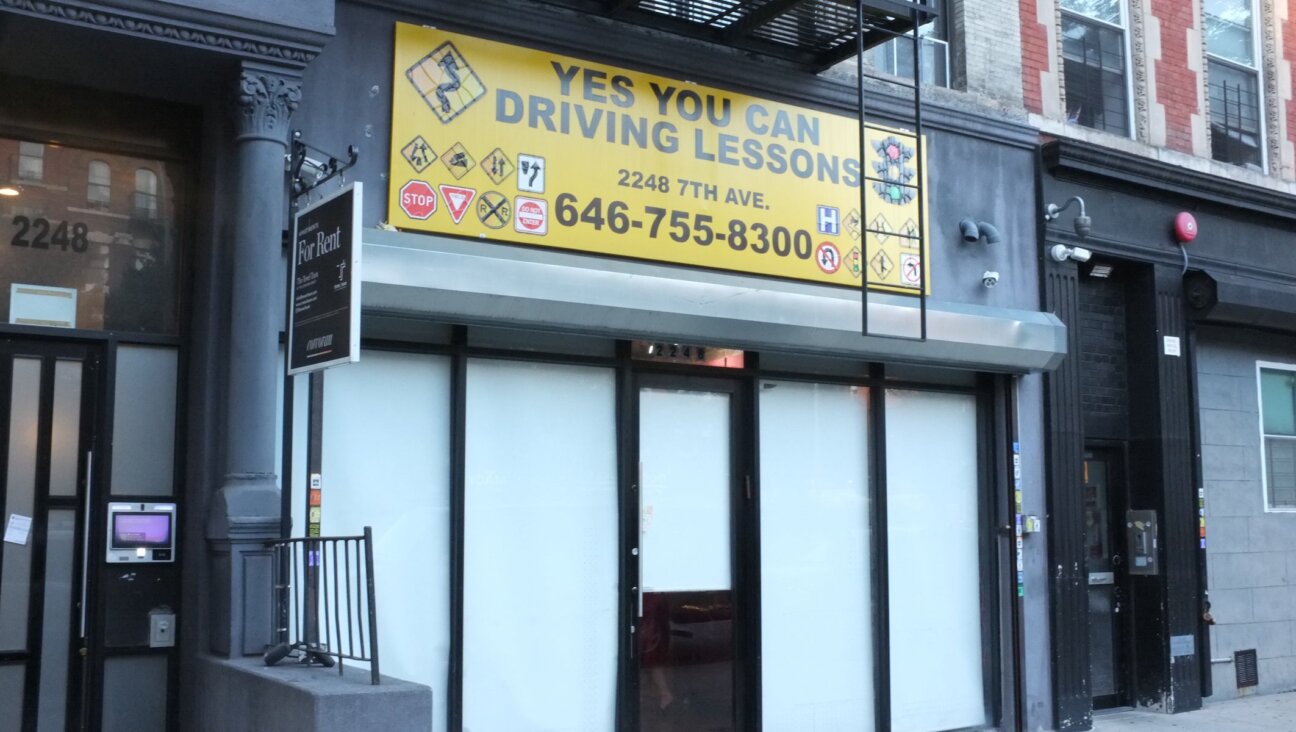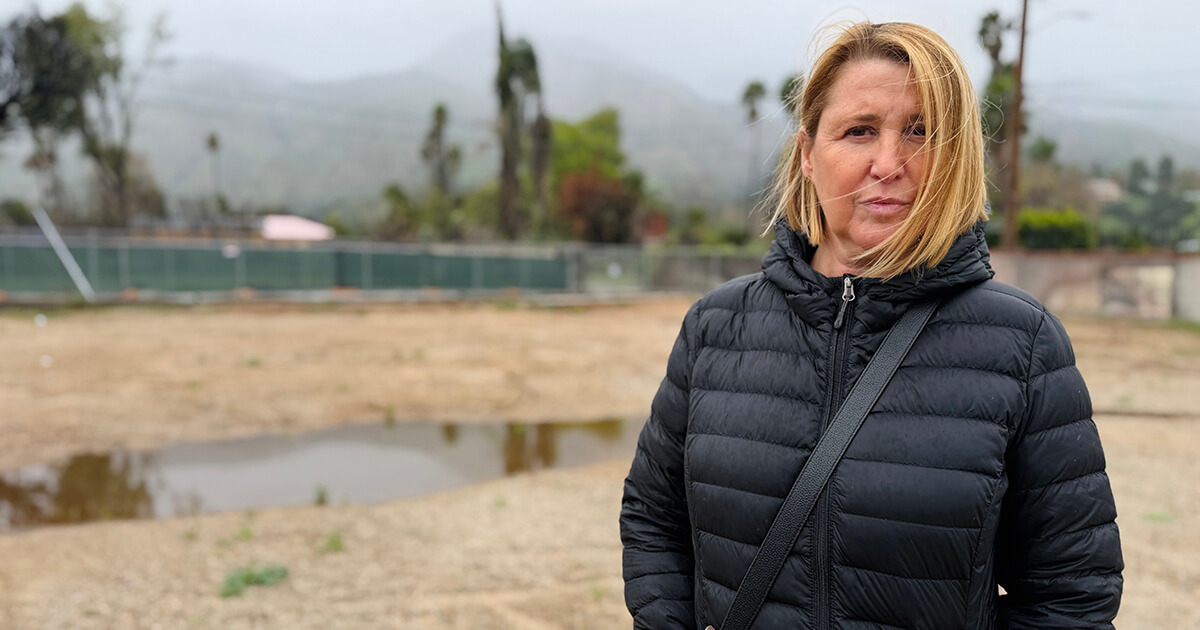New York May End Consent Forms for Controversial Circumcision Rite

Graphic by Angelie Zaslavsky

In an effort to cooperate with Orthodox community leaders, the Board of Health voted Wednesday night to mull a plan for hospitals to distribute a brochure in English and Yiddish to Orthodox patients that talks about the danger of contracting herpes from metzitzah b’peh, The New York Times reported.
Metzitzah b’peh, a ritual in which the mohel sucks blood from the wound following circumcision, is a common traditional practice among many haredi Orthodox mohels. When performed directly with the mouth as opposed to through a sterile pipette, it has been linked directly to the transmission of the herpes virus.
Mayor Bill de Blasio reportedly has been behind to push to resolve the issue in an effort to improve relations with the haredi Orthodox community.
A public hearing on the issue will be held in July, with the board expected to make a final decision in September.
A law requiring parents to sign a consent form for the rite was enacted in 2012 after at least 11 boys contracted herpes from metzitzah b’peh between 2004 and 2011. Two died and two suffered brain damage.
There were four cases of herpes allegedly contracted during metzitzah b’peh in 2014 and 17 since 2000, according to the health department.
For the most part, however, the law has not been enforced.
In August, a federal appeals court called for a review of the New York City law related to metzitzah b’peh, saying that under the federal guarantee of free exercise of religion, the law is subject to “strict scrutiny.”















